The content of the article
Everyone loves watermelon - both young and old for its sweet rich taste, sugary flesh, freshness. But inside this sunny berry, along with the pulp, a large number of seeds are found. It is generally accepted that eating seeds is undesirable, they interfere with the enjoyment process, and someone believes that it is possible to harm the body. For example, children are often told that watermelon bones, getting into the intestines, cause inflammation of the appendix. One way or another, the bones from the pulp are removed, either by spitting them in the process of eating, or by picking them out with a knife beforehand.
However, in fact, watermelon seeds have a lot of useful properties along with pulp. So is it possible to eat a watermelon with pits or not?
Usually, watermelon bones suffer the fate of peels, and together they go to the bin. It turns out that in this way a person personally gets rid of a most valuable product, the usefulness of which is invaluable in the body’s struggle with many ailments.
Misconceptions and fears associated with eating watermelon seeds
The taste of watermelon seeds resembles sunflower seeds, but even more it resembles the taste of peanuts. In the culinary of countries of Asia and the Middle East, the seeds of watermelon have been used since ancient times. In African states - Egypt, Sudan, Nigeria, they are also very popular. Although they produce oil and flour from them, the main consumption of watermelon seeds goes through eating them after being released from the shell. The variant of roasting and drying watermelon seeds is widespread, which results in a product that is not inferior in popularity to salted sticks and chips in any way. The only exception is that this alternative has a lot of nutrients and does not harm the body, as chips and sticks do.
Among a large part of people, the stereotype inspired by childhood about the relationship of eaten watermelon seeds with appendix inflammation continues to operate. In fairness, it should be said that seeds can cause inflammation of the appendix, like any other product, but the likelihood of such consequences is negligible. Out of habit, people continue to spit out bones even when it is not very convenient. This stereotype has long been dispelled by modern medicine as untenable, but this fact is not always able to overcome the power of habit.
So what are the beneficial properties of seeds of this largest berry in the world?
The benefits of watermelon seeds
- The composition of the slightly dried seeds of watermelon includes protein. If the daily human need for protein is 50 g, then 100 g of watermelon seeds will provide more than half of this amount. And protein, as you know, is the main builder of muscle tissue due to the considerable amount of amino acids contained in it.In addition to the development and growth of muscles, amino acids are involved in the synthesis of energy necessary for the body. Of all the amino acids present in the protein of watermelon seeds, the most valuable is arginine. Its presence in the body is important for good activity of the heart valve, regulation of blood pressure. The risk of a disease such as cardiac ischemia is reduced several times when arginine is present in the human body in sufficient quantities. Watermelon seeds also contain amino acids such as lysine, tryptophan, glutamic acid.
- Next, consider the level of fat in this product. Researchers estimate that fats make up just over half the mass of the product. In other words, from 100 g of seeds, 51 g will be fats. Among them is Omega-6, an important role of which is to reduce high blood pressure.
- Of the vitamins in the seeds, Group B is widely represented. The vitamins of this group play a significant role in turning the food consumed by a person into the energy needed by the body. Such an element as niacin is known for its value and a positive effect on the functioning of the gastrointestinal tract, which ensures human skin health. In 100 g of watermelon seeds, its content is 3.8 mg, which corresponds to the amount needed for a person for 19 days of life.
- Consider now the mineral composition of the product. Phosphorus, iron, potassium, manganese, zinc and copper are present in varying amounts. But the champion among them is magnesium. It is enough to use 100 g of watermelon seeds to provide yourself with these elements for 139% of daily needs. It should be remembered that magnesium is responsible for the absorption of carbohydrates, is involved in the regulation of blood pressure, and helps lower blood glucose levels.
- Watermelon bones are useful for their dietary fiber. They are known to positively affect the digestive system.
- Infusion of watermelon seeds is used as a remedy for edema, cough, and fever. There is evidence that they can help with uterine bleeding and in the fight against worms. However, before using the product as a therapeutic agent, it is necessary to exclude allergic reactions and consult a doctor.
- In cosmetology, seeds are used in the fight against acne, based on them make scrubs.
The harm of eating watermelons with bones
In conclusion, it should be said that a healthy person needs to remember the benefits of watermelon seeds and not to forget about it, when once again he will feast on this giant berry. It is a real waste to throw away such a useful product that can enrich the body with protein, vitamins, fats, essential minerals.
Video: what will happen if there are watermelons with pits?

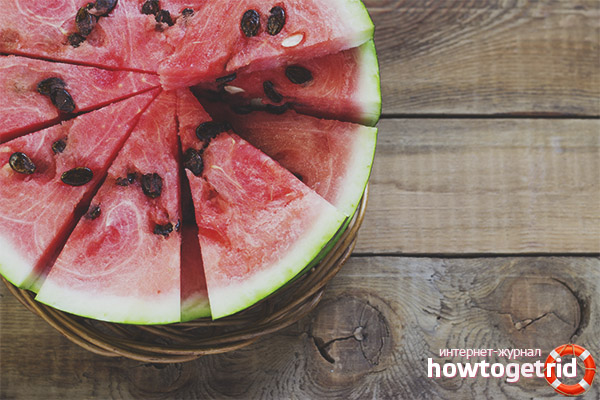
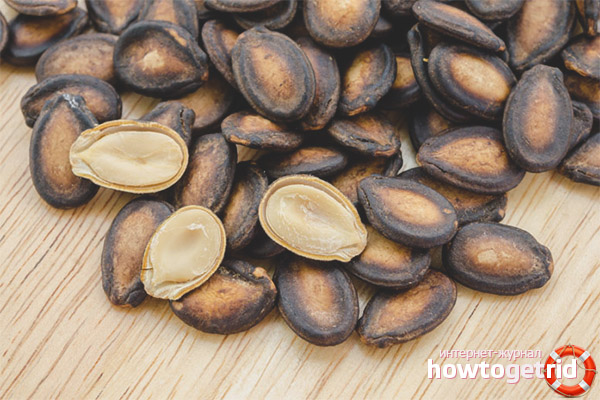

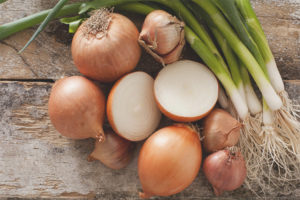
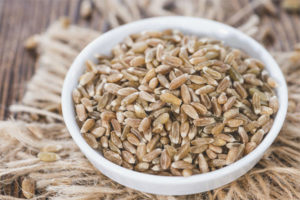
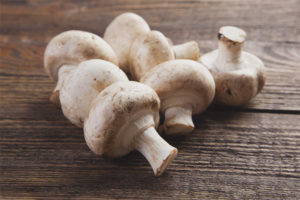
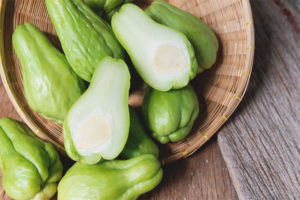
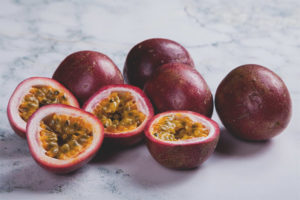
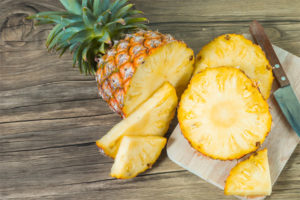
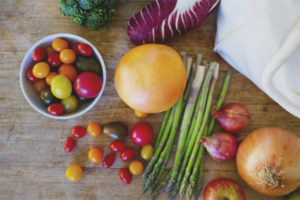
Submit